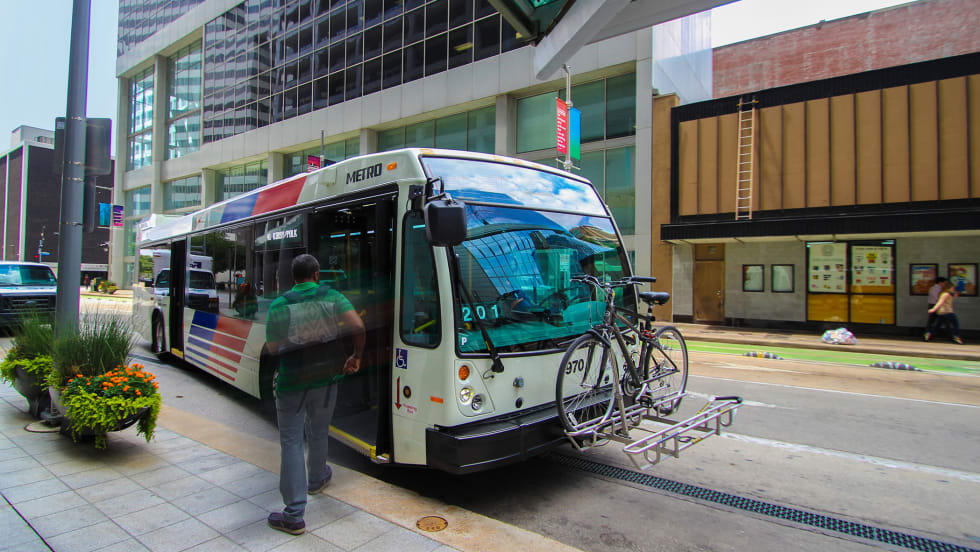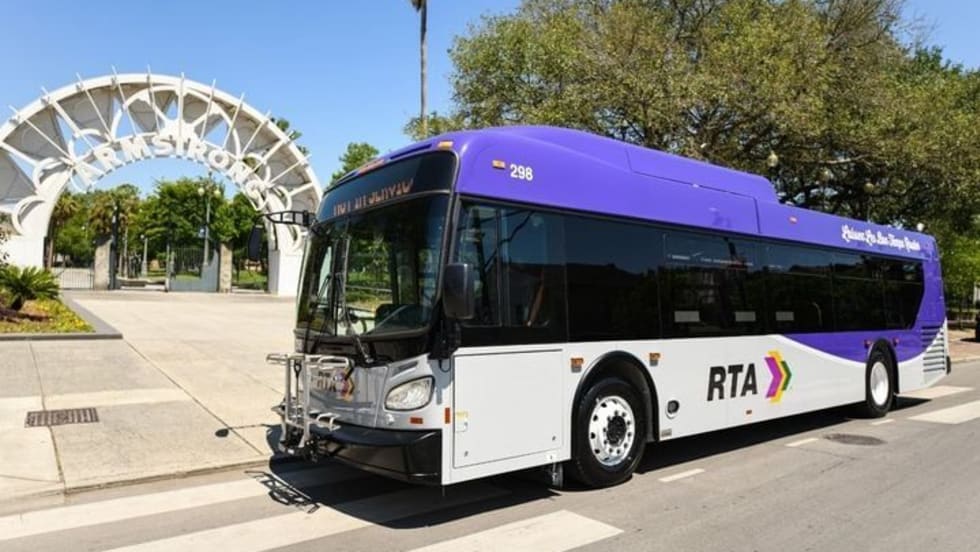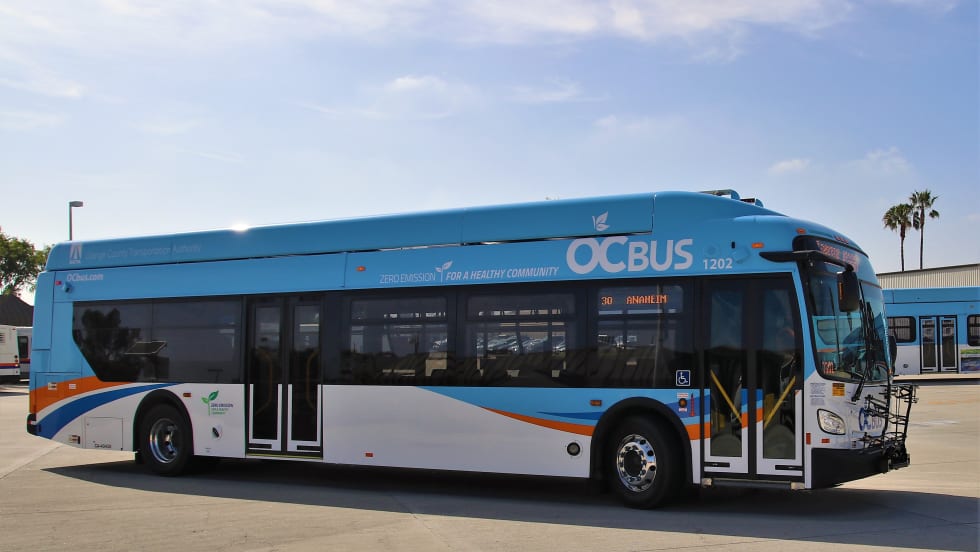Best practices for revenue-producing properties
unknown nodeMETRO asked Charles Di Maggio, CEO of New York City-based commercial real estate services provider, Greystone Management Solutions, whose clients include, New Jersey Transit and the Massachusetts Bay Transportation Authority, to provide best practices for public transit agencies looking to tap revenue from their real estate holdings.
1. Assessing what you own first. Insuring compensation for your existing portfolio is obtaining fair market value. NJ Transit, the MBTA, and now the MTA have engaged Greystone to audit and update rates for Pole Pipe and Wire agreements. Updating the valuation and auditing these PPW agreements can produce hundreds of thousands of dollars.
2. The best way to insure you are getting fair market value for your portfolio is to regularly “check in” with sister transit agencies. MBTA and NJT do this by participating at the Subcommittee for Real Estate at APTA meetings. This is a forum where pricing, programs and innovations are discussed for this unique class of real estate. It’s not like you can go onto CoStar and check the comp for a news concession, TOD, or PPW agreement.
3.Educate and keep operational stakeholders informed. At the MBTA, regular meetings are held with operational divisions to update them on Real Estate Projects, reviews and canvasses to inform them of goals, important revenue opportunities, and to ensure that their operational needs are listened to when sites are reviewed for “excessing.”
4. Review the use of percent rent for retail and concession compensation. Agencies typically stayed away from percent rent due to the administrative burden. With more Point of Sale registers and modern reporting requirements percent rent allows agencies to administer the accounts to insure they benefit when a concession/location does surprisingly well and has a mechanism to adjust rent when demand decreases if service reductions occur. Additionally, percent rent attracts the market to riskier locations where sales reports are missing.
5. Field presence is a must. To ensure tenants and licensees are adhering to leases, identify trespassers and unauthorized assignments that require sites be inspected on a regular basis. Frequency is based on the impact on operations or proximity to stations.
















